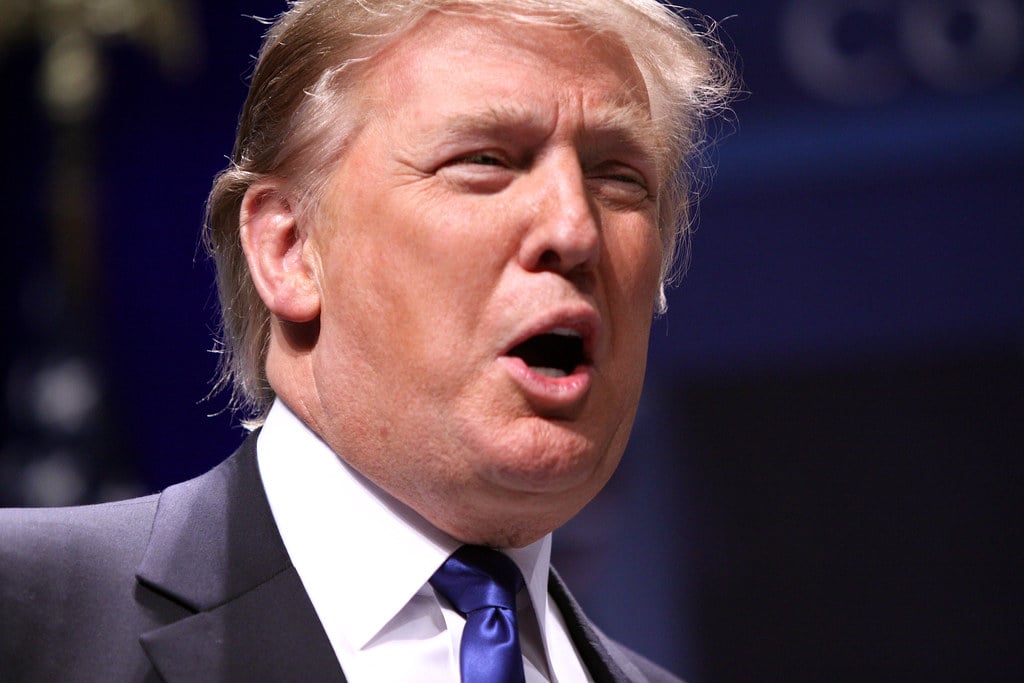Key takeaways:
- Senator Bill Cassidy backed a new Trump healthcare plan in place of Obamacare subsidies.
- Experts warn the plan could leave patients with chronic or costly conditions without real coverage.
- Critics argue direct cash payments won’t match actual insurance costs.
- Cassidy’s medical background has not shielded him from backlash.
- The debate highlights deep political divides over how to fund health care in America.
Cassidy in Hot Water Over Trump Healthcare Plan
Senator Bill Cassidy, a medical doctor from Louisiana, stoked controversy over the weekend. He posted on social media that he agreed with a Trump healthcare plan. The plan would cut funding for government health subsidies. Instead, it would send the same money directly to patients. Observers reacted with anger and concern.
Why the Trump Healthcare Plan Sparks Concern
The proposal aims to redirect hundreds of billions of dollars. Rather than pay insurance companies under Obamacare, people would receive cash. They could then buy their own coverage or keep the extra money. President Trump argued this would lead to better health choices. However, experts say the plan could leave many without vital care.
Background on the Plan
Since the government shutdown began, lawmakers have clashed over healthcare funding. Trump offered a multibillion-dollar alternative to the usual subsidies for insurance. He wrote that money currently goes to “money sucking Insurance Companies.” His plan would let people choose any coverage. It would also send leftover cash back to them.
Cassidy’s Support and Response
Senator Cassidy shared Trump’s message on his social feed. As a doctor, he said, “I agree with President Trump! We should give the money directly to the patients.” Many hailed him once as a bipartisan leader. Yet his simple statement drew heavy criticism. Critics pointed out real insurance often involves safeguards Cassidy’s idea ignores.
Expert Reactions
Many onlookers tore into Cassidy’s support of the Trump healthcare plan.
Political scientist Norman Ornstein hit back, noting Cassidy swore to “do no harm.” Ornstein said the plan would let insurers sell “sham plans.” These could exclude people with pre-existing conditions. Ornstein asked, “What happened to Senator Cassidy?”
Union voice Collin Reischman mocked the idea. He asked why no one considered giving cash to people before. He pointed out the plan simply shifts money, not improves care coverage.
Virginia councilman R. Kirk McPike warned that only the wealthiest could afford serious treatments. He said chronic illnesses like diabetes would become out of reach for most.
Columnist Stephanie Grace added two sharp points. First, Trump knows little about health care economics. Second, Cassidy knows a lot but backed the plan anyway.
Lawyer James Abrenio doubted Trump understood how insurance works. He said the president just dislikes Obama’s single achievement in health care.
Healthcare expert Heath Veuleman posed tough questions. Would doctors escape strict anti-kickback rules? Could hospitals still grab more taxpayer money? Would the physician-patient relationship recover? He suggested the plan might be a ploy to send more funds to big hospital systems.
Potential Impact on Patients
For many, health insurance is not just a cash swap. It guarantees access to tests, specialist visits, treatments and surgeries. Direct cash payments might fall far short of real costs. A typical hospital stay can cost tens of thousands of dollars. Even after cash assistance, families could face massive bills.
Moreover, people with chronic diseases rely on stable coverage. A simple policy loophole could deny them life-saving drugs. Critics fear the Trump healthcare plan would shatter the safety net built under Obamacare.
Also, insurers might fill the gaps with cheap, bare-bones plans. These could exclude mental health care or prescription drugs. Patients could pay premiums but still owe thousands more for key services.
Why This Matters Now
The government shutdown has frozen many programs. Millions worry about delays in health payments. Lawmakers must find a path forward. The Trump healthcare plan offers one option. Yet its critics say it risks lives by eroding established protections.
Meanwhile, Cassidy’s support draws extra attention because of his doctor’s oath. Voters wonder why he would back a plan experts say could harm patients. His tweet shows the deep divisions in his party over health care strategy.
What Happens Next
Senate Republicans will debate health funding as the shutdown drags on. Cassidy and his allies may press the cash-transfer idea. Opponents are lining up to block it. They call for preserving or boosting Obamacare subsidies instead.
In the coming days, committees will hold hearings. Experts will testify about the real-world impact of direct cash payments. Patients and doctors may weigh in too. Ultimately, lawmakers must decide if they trust cash over coverage.
Whether the Senate adopts the Trump healthcare plan remains uncertain. But Cassidy’s public support has already reshaped the health care debate. His stance forces a wider look at how America pays for medical care.
FAQs
What is the Trump healthcare plan?
It is a proposal to end government health insurance subsidies. Instead, the same money would go as cash directly to patients for them to buy coverage.
Why are experts critical of the plan?
They warn direct cash may not match real insurance costs. Patients with chronic or expensive conditions could struggle to afford care.
What did Senator Cassidy say about this idea?
He tweeted his agreement, saying patients should get the money directly rather than send it to insurance companies.
How could this plan affect everyday people?
People might receive cash but still face large medical bills. Basic treatments, drugs, or hospital stays could cost much more than the cash provided.
